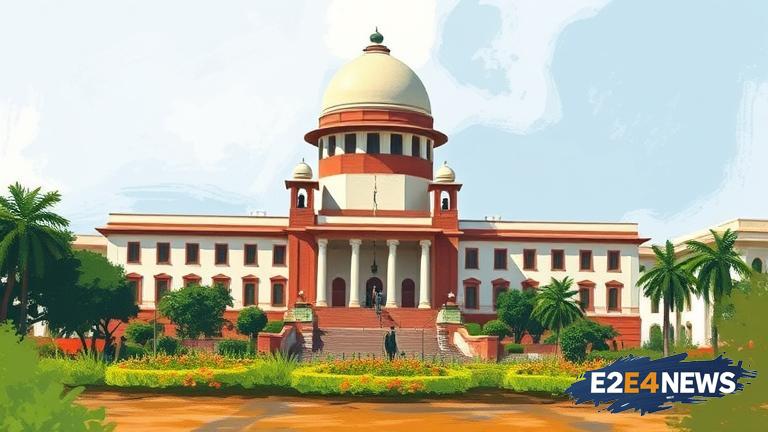The Telangana High Court has pulled up the state government for its failure to disclose the list of prohibited lands, as mandated by the law. The court’s intervention has brought to the forefront the long-standing issue of land encroachment and the government’s alleged inaction. The prohibited lands, which are protected under the law, have been subject to encroachment and illegal occupation, causing concern among environmentalists and citizens. The court’s directive to the government to release the list of prohibited lands has been seen as a significant step towards addressing the issue. The government’s reluctance to disclose the list has raised suspicions about its intentions and the potential involvement of influential individuals in land encroachment. The High Court’s decision has been hailed as a victory for transparency and accountability, with many hoping that it will lead to a crackdown on land encroachment and the protection of sensitive ecosystems. The issue of prohibited lands has been a contentious one in Telangana, with many cases of encroachment and illegal occupation reported in recent years. The government’s failure to act decisively has been criticized by opposition parties and civil society groups, who argue that it has emboldened encroachers and undermined the rule of law. The High Court’s intervention has also highlighted the need for greater transparency and accountability in governance, particularly with regards to land use and management. The court’s decision is expected to have far-reaching implications for the state’s land management policies and practices. The government has been given a deadline to release the list of prohibited lands, and it remains to be seen how it will respond to the court’s directive. The issue has sparked a heated debate, with many arguing that the government’s actions are a clear example of its lack of commitment to protecting the environment and upholding the law. Others have pointed out that the issue is complex and multifaceted, requiring a nuanced approach that takes into account the needs of different stakeholders. The High Court’s decision has also been seen as a testament to the importance of an independent judiciary in ensuring that the government is held accountable for its actions. The case has been closely watched by environmentalists, activists, and citizens, who are eager to see how the government will respond to the court’s directive. The outcome of the case is expected to have significant implications for the state’s environmental policies and practices, as well as its approach to land management and governance. The Telangana government has been under fire in recent months for its handling of various issues, including land encroachment, environmental degradation, and corruption. The High Court’s decision is seen as a major setback for the government, which has been accused of failing to protect the state’s natural resources and uphold the law. The case has also highlighted the need for greater public awareness and participation in environmental issues, particularly with regards to land use and management. The government’s response to the court’s directive will be closely watched, and it remains to be seen how it will address the issue of prohibited lands and land encroachment in the state. The High Court’s decision has been hailed as a major victory for the people of Telangana, who have been fighting for years to protect their environment and natural resources. The case has also sparked a wider debate about the need for greater transparency and accountability in governance, particularly with regards to land use and management.
